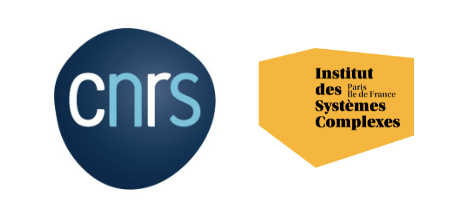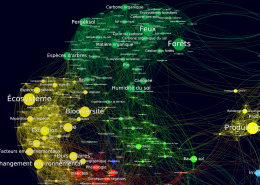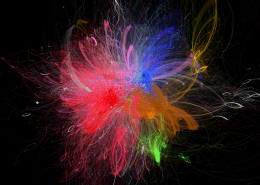The Complex Systems adresses issues that are at the heart of current science and society debates, such as networks of influence on Twitter, the functioning of Google algorithms, the advent of smart cities and connected objects, the sustainability of ecosystems, biotechnology…
At ISC-PIF, we believe it is essential for researchers, public authorities and citizens to share their views and knowledge on these topics. This is why we are carrying out several initiatives which aim at initiating a constructive dialogue between science and society.









